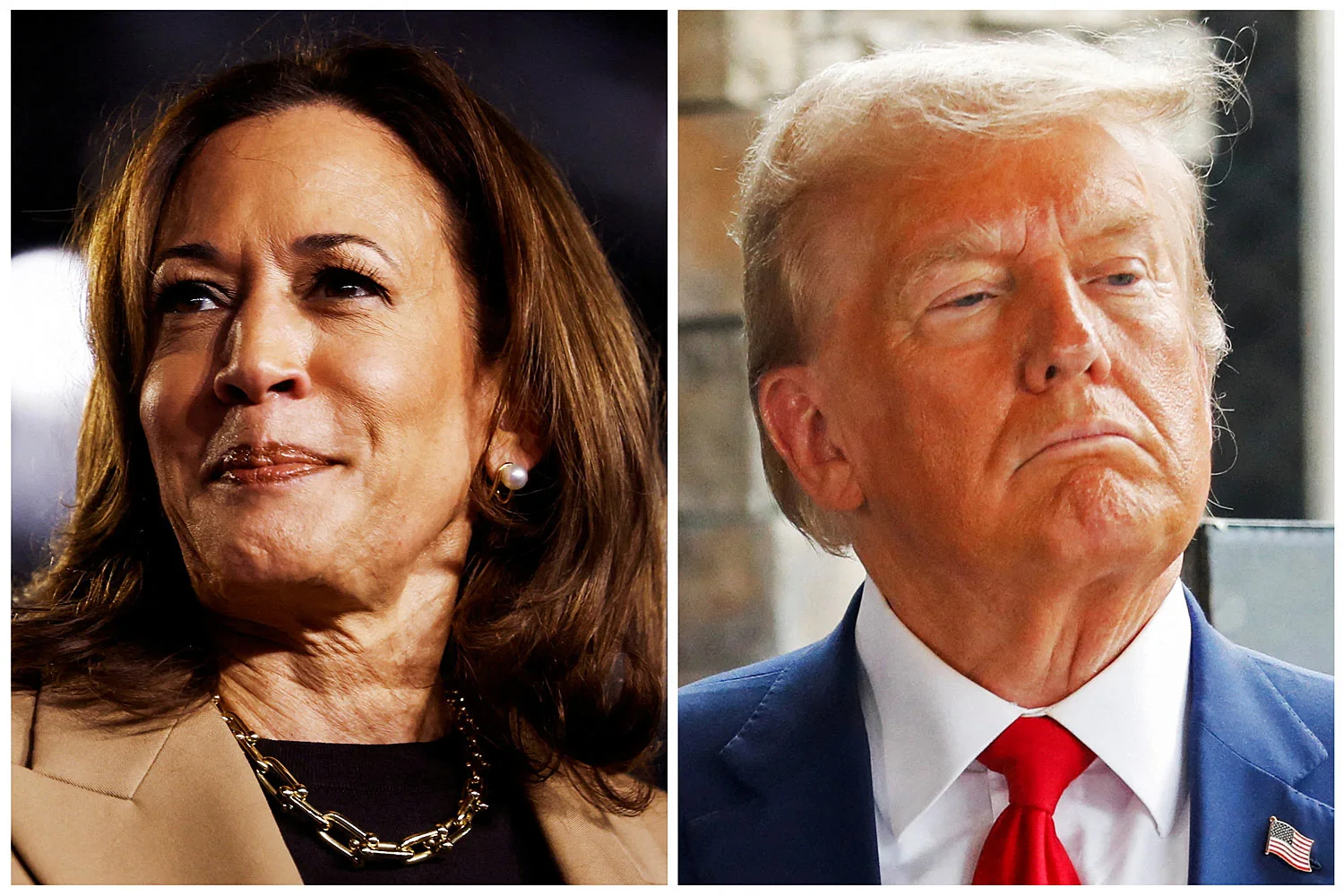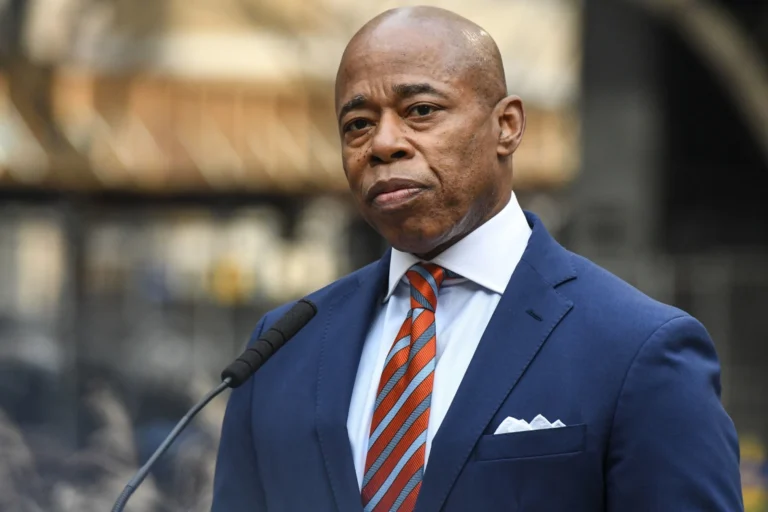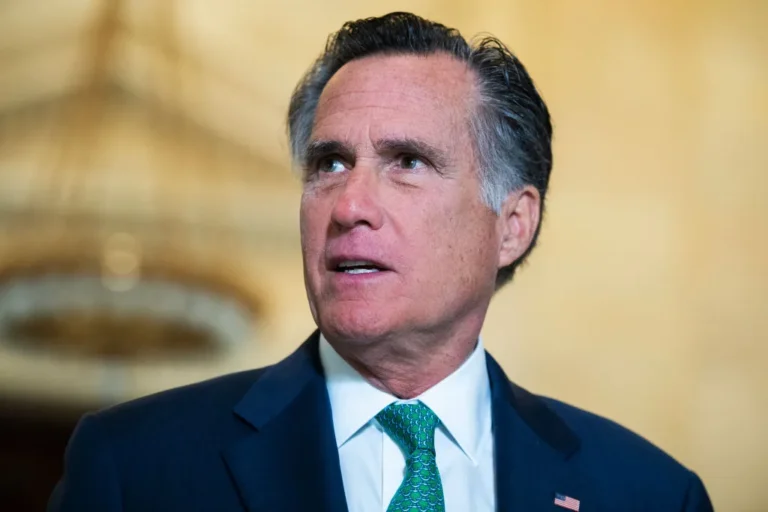Historian and renowned election forecaster Allan Lichtman, known for his accurate predictions in nine out of the last ten U.S. presidential elections, has once again forecasted that the Democratic nominee, Kamala Harris, will defeat Republican rival Donald Trump on Election Day. This prediction, which Lichtman first made public on September 5, remains unchanged despite recent polling data showing that Harris’ lead in key battleground states is diminishing and the overall race is tightening. In a video posted on his YouTube channel, Lichtman confidently reaffirmed his stance, noting, “Nothing has changed to change my prediction… in defiance of the polls.”
Lichtman, a modern history professor at American University, is widely respected for his unique prediction model, known as the “Keys to the White House,” which evaluates 13 non-traditional factors that he argues are better indicators of a presidential election’s outcome than typical polling. His track record is notable: he has accurately called the winner of every presidential race since 1984, except for the 2000 election, when he incorrectly predicted Democrat Al Gore would win.
This year, Lichtman’s steadfast prediction of a Harris victory has generated its fair share of criticism. Pollster Nate Silver, known for his data-driven approach to political forecasting, publicly questioned the validity of Lichtman’s method last month on social media platform X (formerly known as Twitter), labeling his system as “totally arbitrary.” Silver, like many in the field, relies on sophisticated statistical models and polling data to analyze election trends. However, Lichtman counters that polls are not as reliable as his historically based system and believes his method better captures the overall dynamics of governance, which, he asserts, are more telling than short-term campaign strategies.
The “Keys to the White House” system that Lichtman uses to make his predictions is an unconventional approach, which ignores polling altogether. Instead, the 13 keys are binary indicators—factors that either favor the incumbent party or do not—and include elements such as the party’s success in midterms, short-term and long-term economic performance, the presence of major scandals, and the charisma of the incumbent candidate. According to Lichtman, this method “is based on history, it’s very robust,” focusing on the larger structural factors that shape an election rather than on day-to-day fluctuations in public opinion polls. This approach, he argues, allows for a prediction that is not swayed by momentary campaign developments or polling inaccuracies.
Lichtman openly acknowledges that his predictions are not absolute, admitting that unexpected, catastrophic events could alter the dynamics of the race. “I don’t have a crystal ball,” he remarked, noting that he isn’t claiming to have a mystical insight into the future, only a historically grounded system that has been reliable in predicting past elections. Lichtman referenced recent Speaker of the House Mike Johnson in jest, saying, “I’m not Speaker Mike Johnson who thinks he has a pipeline to the Almighty… but it’s always possible that something so cataclysmic could happen, something unprecedented, that might break the pattern of history.”
During a 90-minute live interview hosted by his son, Sam Lichtman, the historian discussed what he sees as the stakes of the 2024 election. He asserted that, in his view, this year’s race is about more than just party preferences or policy disagreements—he believes that democracy itself is at risk. This high-stakes framing is common among commentators who view the current political climate as particularly polarized and consequential. For Lichtman, the outcome of the election may reflect more on the resilience of American democratic institutions than on specific policy outcomes.
Despite his confidence in his prediction, Lichtman admitted that each election cycle comes with its share of nervous anticipation. This year, however, the anxiety feels more intense. “I have a flock of crows in my stomach,” he said, expressing a heightened sense of trepidation about what the outcome of this election could mean for the country’s future.
While Lichtman’s unconventional approach to election forecasting may draw skepticism from data analysts and political pundits, his track record and historical insights offer a compelling perspective. Whether his prediction holds true remains to be seen, but his work serves as a reminder of the many complex factors that influence electoral outcomes beyond the day-to-day swings in the polls. As the countdown to Election Day continues, Lichtman’s words echo as a call to consider not just who will win, but what this election signifies for the nation’s trajectory.






